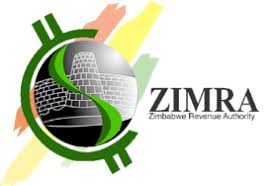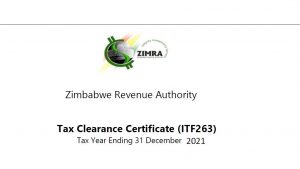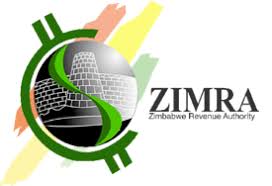Company Registration in Zimbabwe
Zimbabwe’s economy is SME and Micro driven businesses driven. For any business to be poised for growth and expansion, it requires formalization in order to attract meaningful business and investment.
Sabarm Business Solutions offers competent, efficient and excellent Company Secretarial Services in Zimbabwe. To date we have registered over two thousand companies and we take pleasure in the feedback we have been getting over the period of time we have been in business which has been fulfilling. Our turnaround time for company registration service has over the years remained at an average of three (3) working days.
Company Registration/ Incorporation is one of foundations of a successful business and as such should be done with the highest degree of competency in accordance with the laws and regulations of the jurisdiction in which the company is being incorporated. We are a company that one can entrust with their company secretarial work as our team is well knowledgeable with the laws that govern company incorporation and is capable to efficiently execute and effectively/ competently do so.
There are two types of companies that one can register, which are a Private Limited and a Private Business Corporation (PBC). The Private Business Corporation was introduced to have all businesses at least formalised as it requires a leaner budget to register as compared to a Private Limited. A PBC can also be registered by a sole trader as it can be registered by a single member.
Other Company Secretarial Statutory Requirement Services
When a company is registered in Zimbabwe, the law requires that Annual Returns (AR) be filed with the office of the Registrar of Companies annually. These are meant to furnish the Registrar with information regarding developments within the company. This is a requirement which most companies fail to comply with mainly because they just don’t know about it but failure to do is costly in late submission penalties and can result in a company being struck off the Registrar’s register.
Why a Business must be Formalised
Registering your business as either Private Limited or PBC have so many advantages that a listed below:
- Formalised business stands a much greater chance to win big orders from corporates or tenders from government owned enterprises
- A Registered Company will stand a chance to unlock loans and other funding from would be investors/ partners
- Government laws ordinarily respects and favours Registered Companies than informal traders
- Registered Companies are able to grow quicker than informal businesses
OUR SERVICES
- Company Registration
- Name search
- Preparation and filing of Annual Returns (AR)
- Change of Directors
- Mergers and acquisitions
- Allotment of shares
- Transfer of shares
Sabarm Business Solutions will take you through all stages and spare you both direct and indirect costs that comes with non-compliance of formalised businesses and of running an informal business.














